Wetlands And Water
February 2nd is World Wetlands Day to raise global awareness about the critical role of wetlands for people, wildlife and our planet. This day also marks the date of the adoption of the Convention on Wetlands on 2 February 1971. Today is the fiftieth anniversary of that Convention.
What Are Wetlands?
Wetlands are areas where water covers the soil, or is present either at or near the surface of the soil all year or for varying periods of time during the year, including during the growing season. Water saturation largely determines how the soil develops and the types of plant and animal communities living in and on the soil. Wetlands may support both aquatic and terrestrial species. The prolonged presence of water creates conditions that favor the growth of specially adapted plants and promote the development of characteristic wetland soils.
Two general categories of wetlands are recognized: coastal or tidal wetlands and inland or non-tidal wetlands.
All of the animals, plants, insects, and birds in the images above are dependent on wetlands during part or all of their lives. Protecting our wetlands protects them and us. With our current administration we can work towards conserving and restoring these critical wetlands and protecting our planet.
Why wetlands are crucial for a healthy planet
The health of people on our planet depends on healthy wetlands. “40% of the world’s species live or breed in wetlands, yet they are disappearing three times faster than forests,” says the UN Development. Here’s why wetlands matter:
- Wetlands are “nurseries of life” – 40% of animals breed in wetlands
- Wetlands are “kidneys of the earth” – they clean the environment of pollutants
- Wetlands “matter for climate change” – they store 30% of land based carbon
- Wetlands “minimize disaster risks” – they absorb storm surge
- Wetlands “provide livelihood to one billion people” – their ecosystems are worth 47 U.S. dollars trillion annually
It makes sense to preserve, restore, and protect these wetlands for us, for the planet and future generations.
Life is good.
Mia


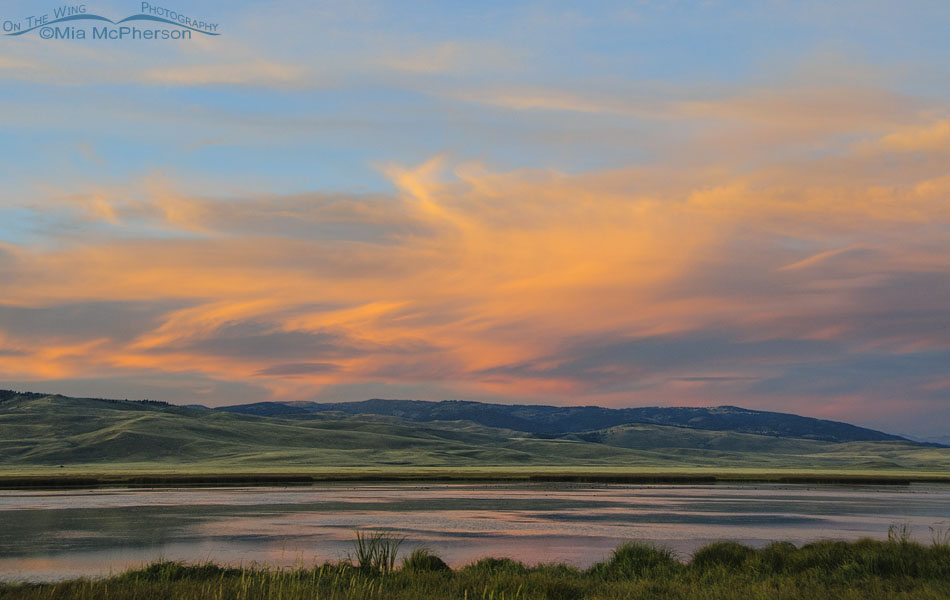
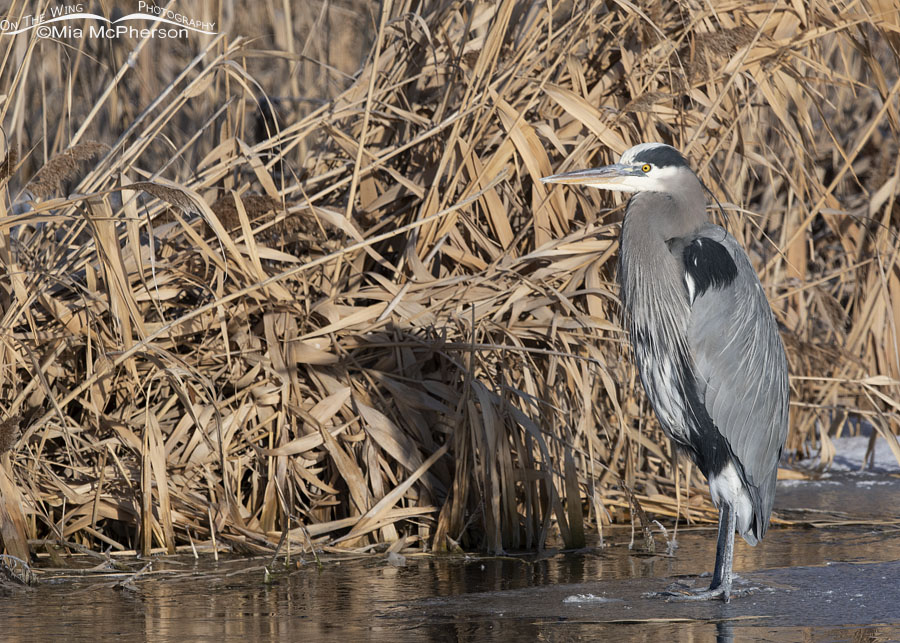
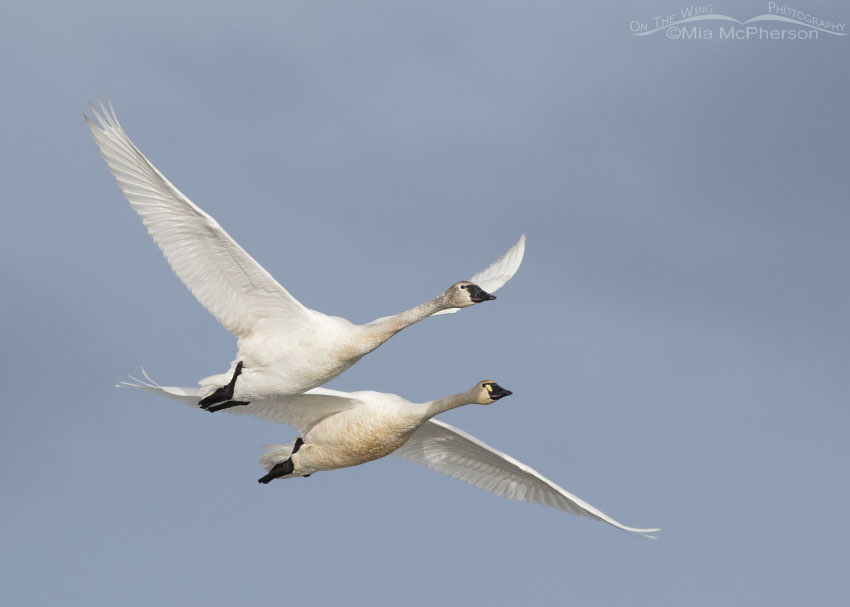
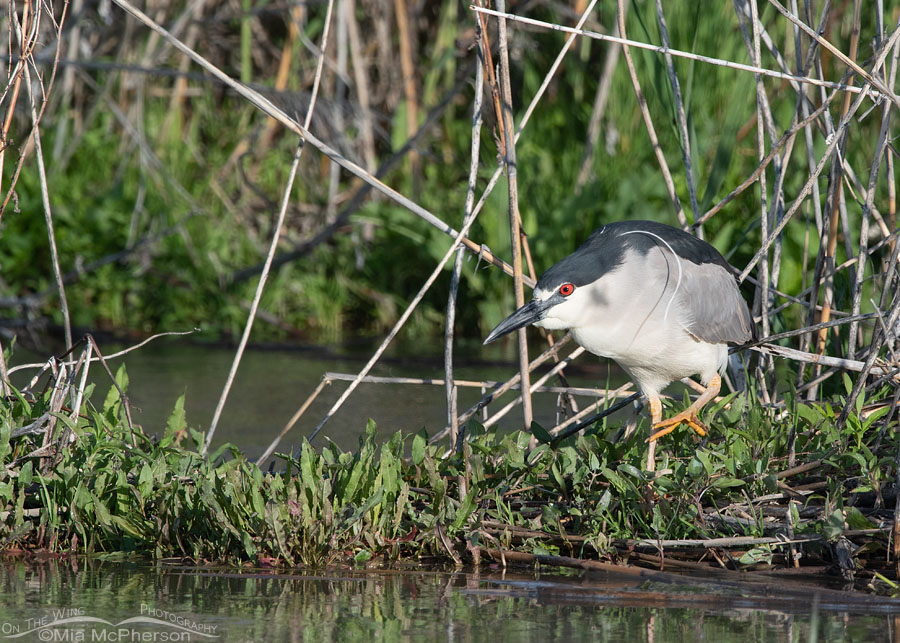
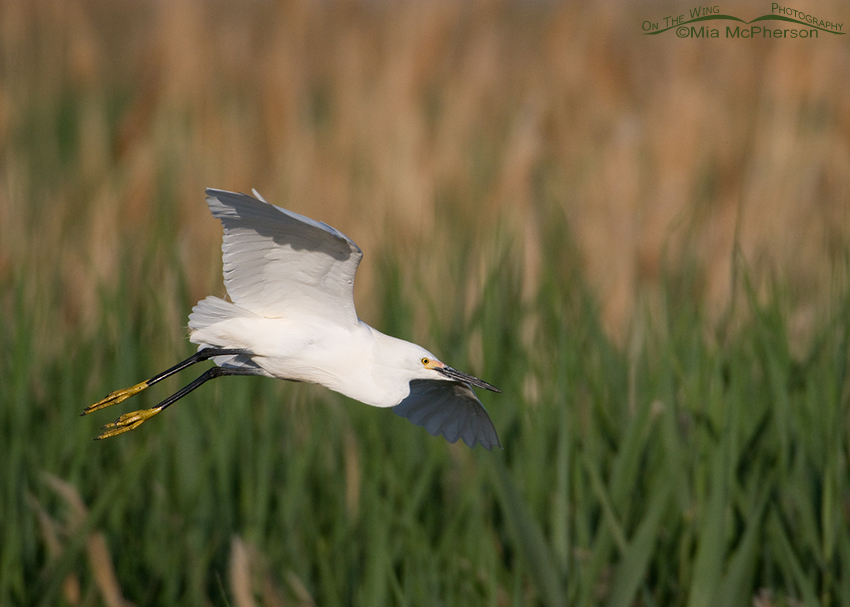
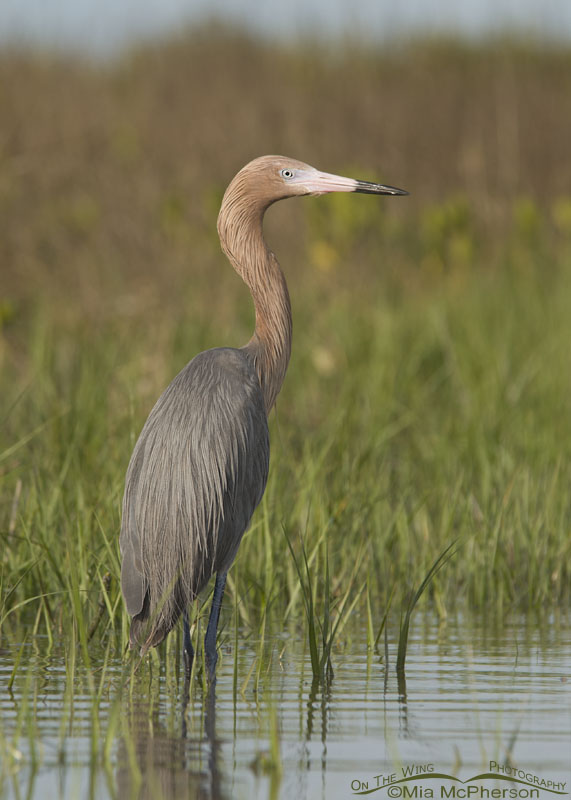
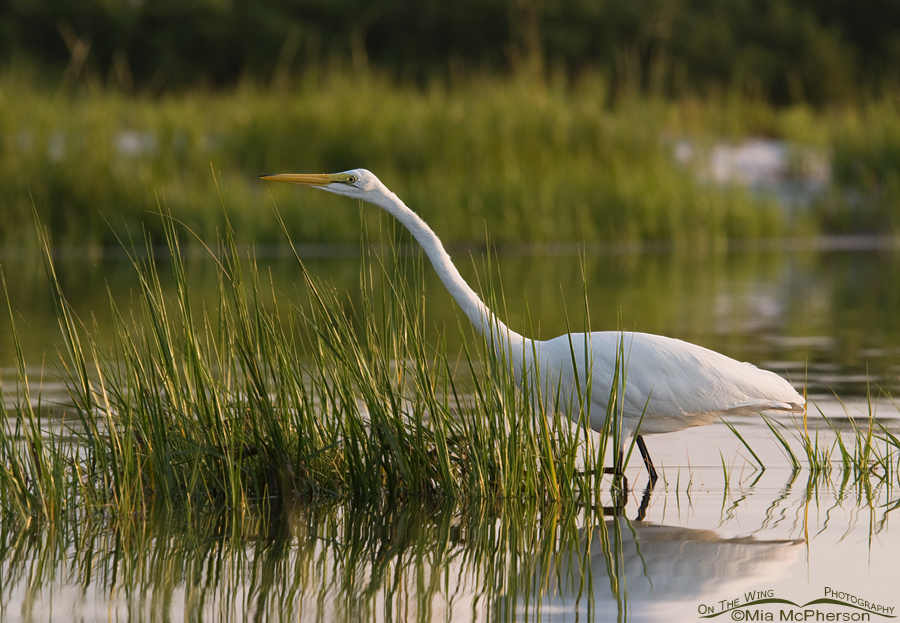
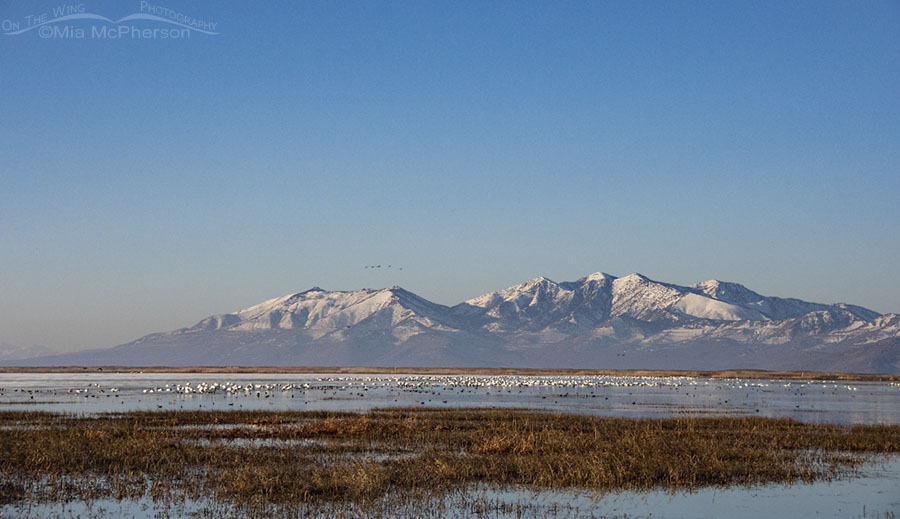
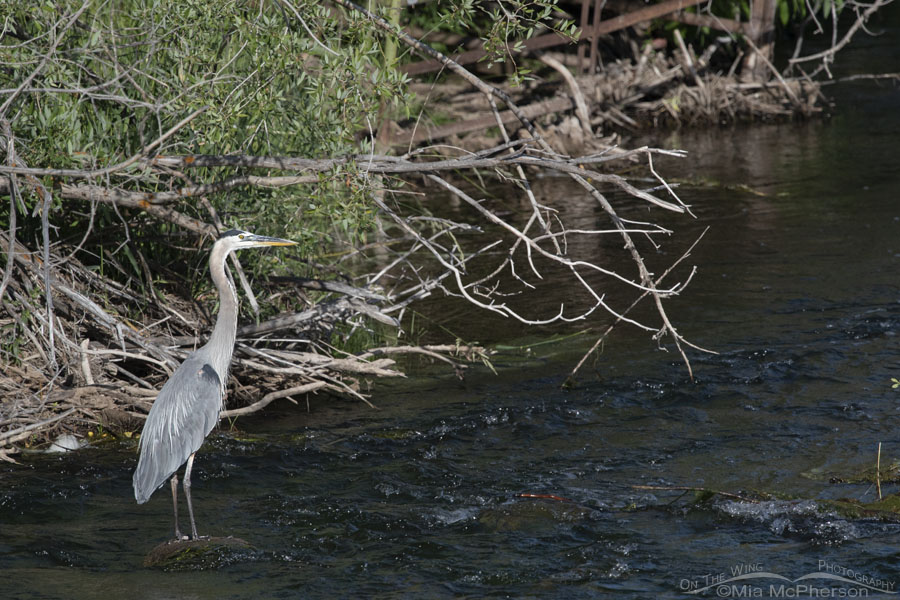
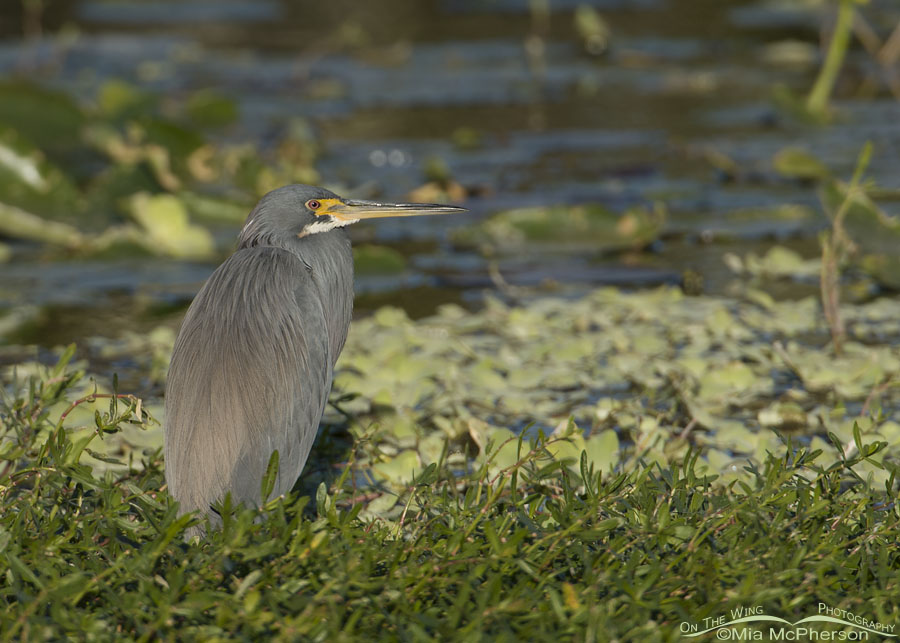
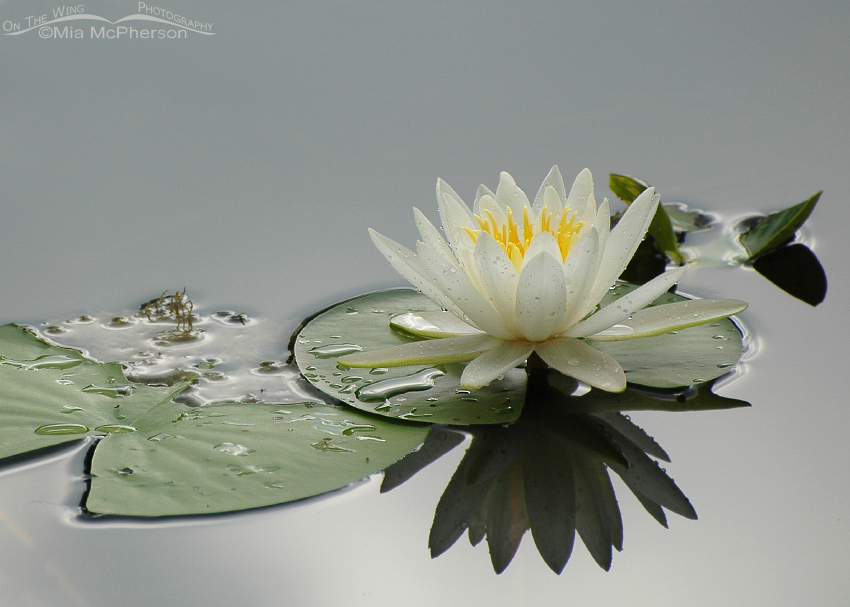
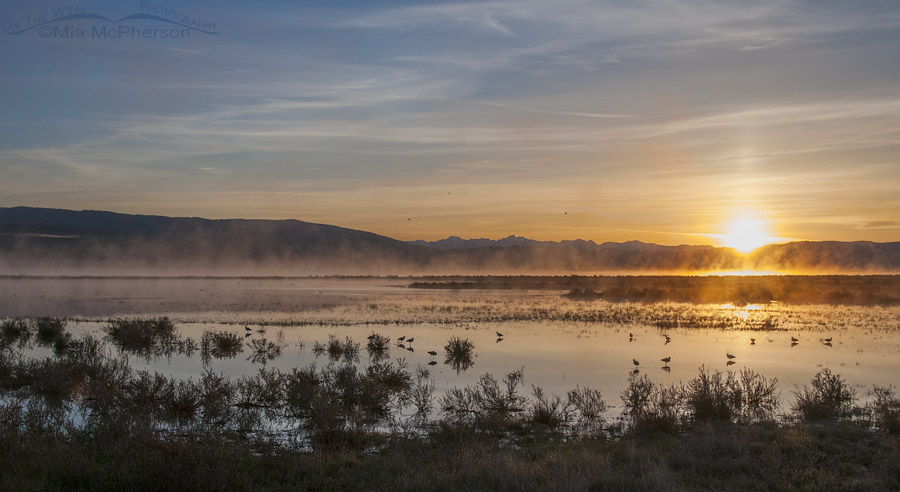
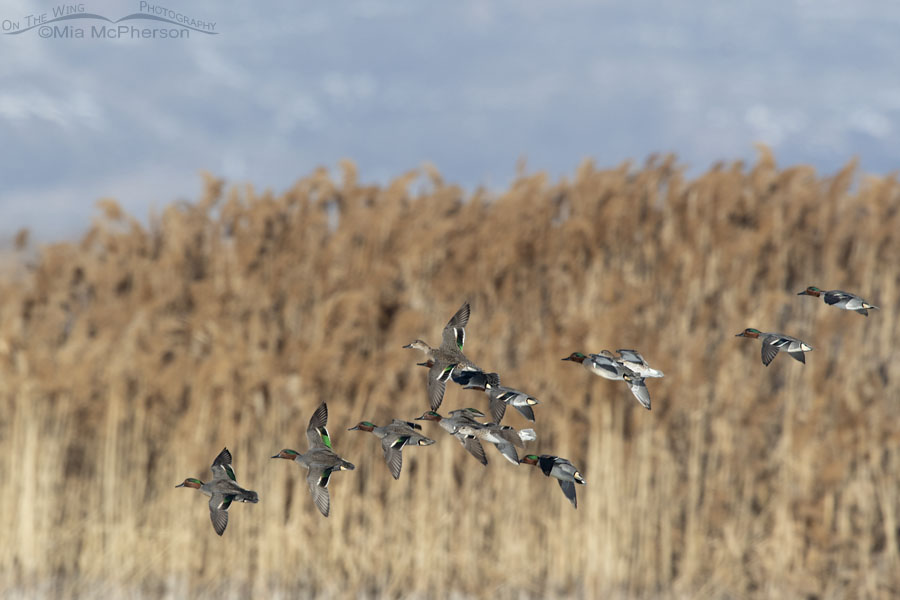
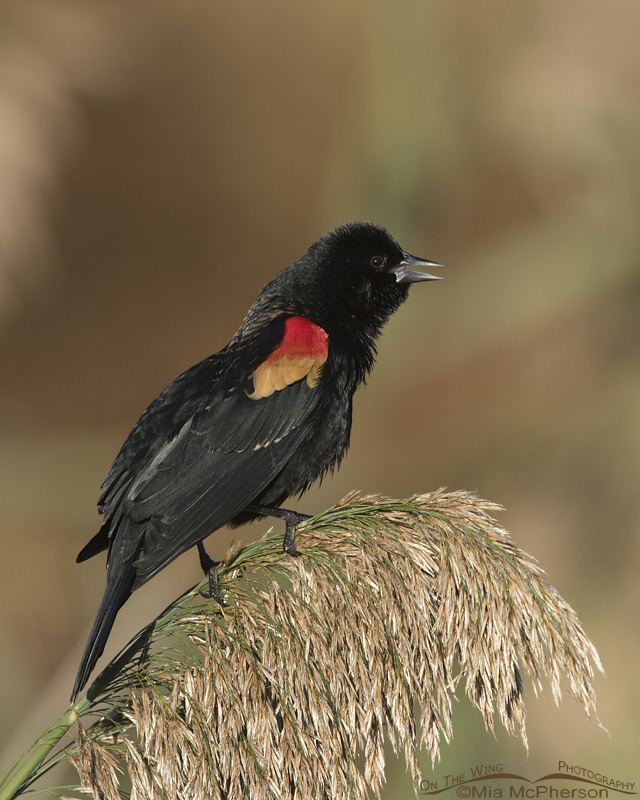
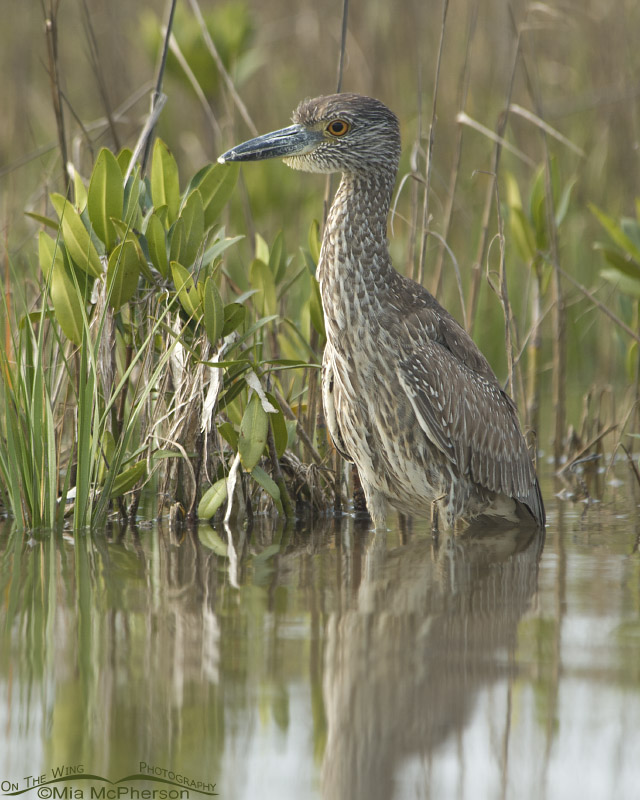
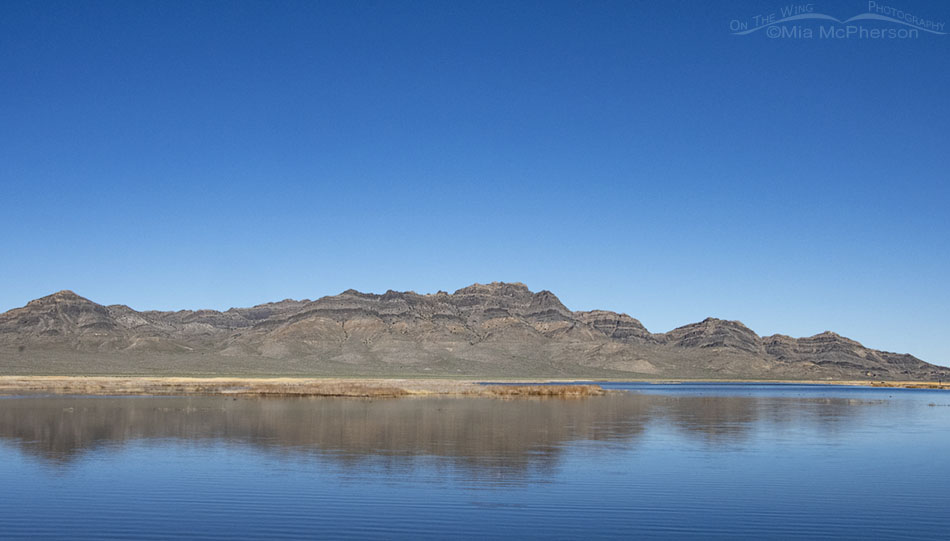
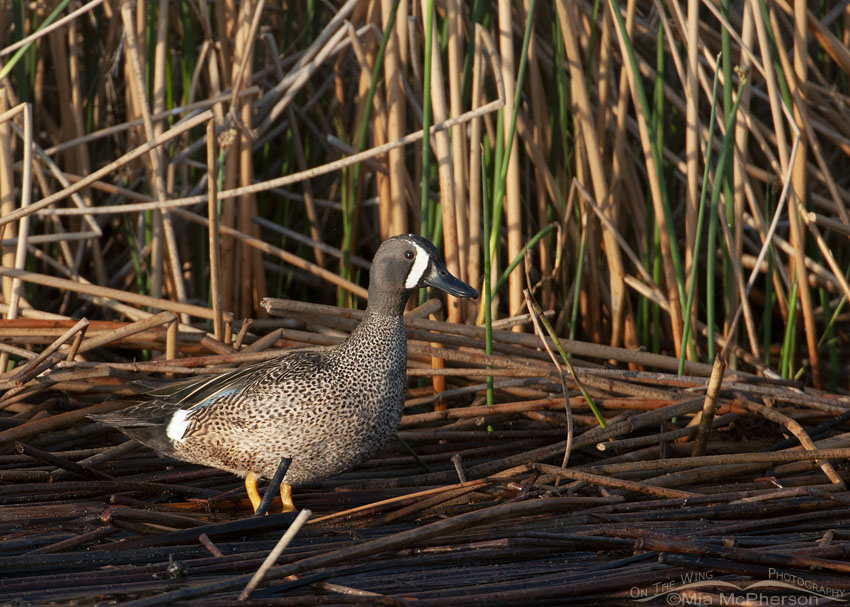
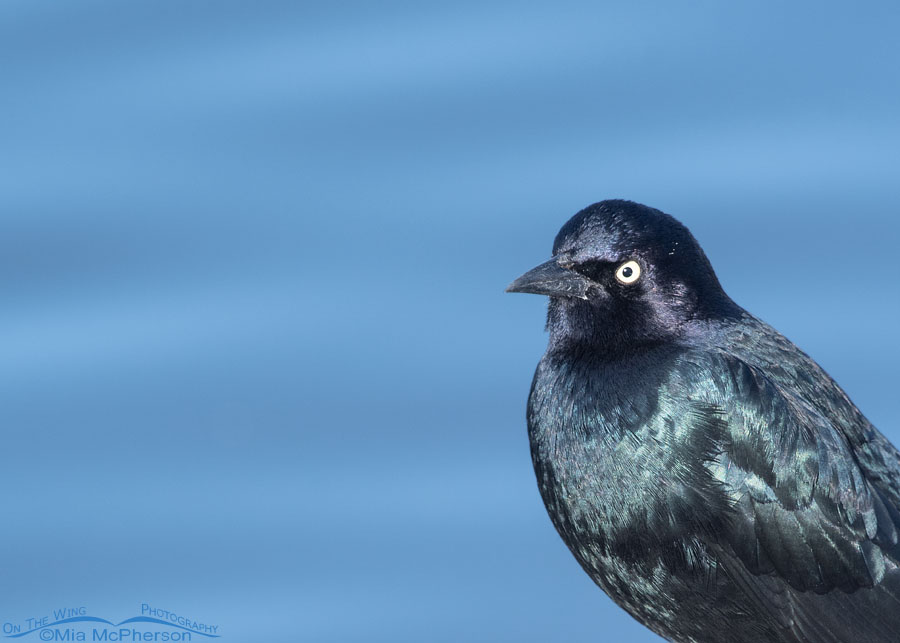
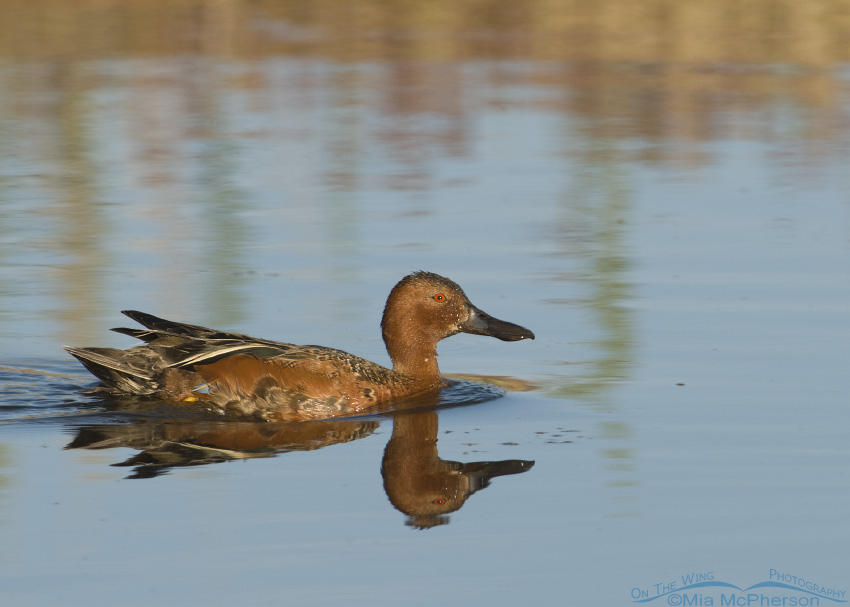
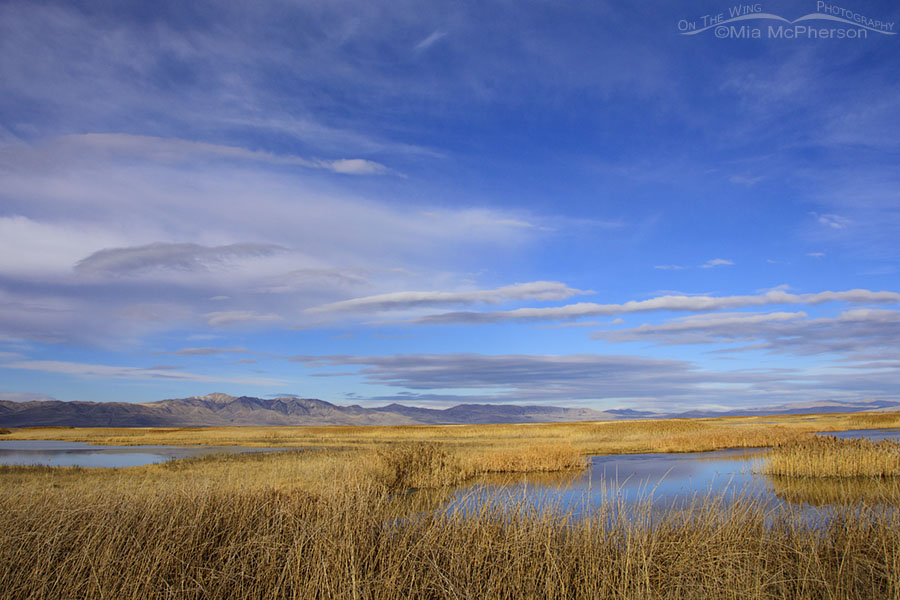
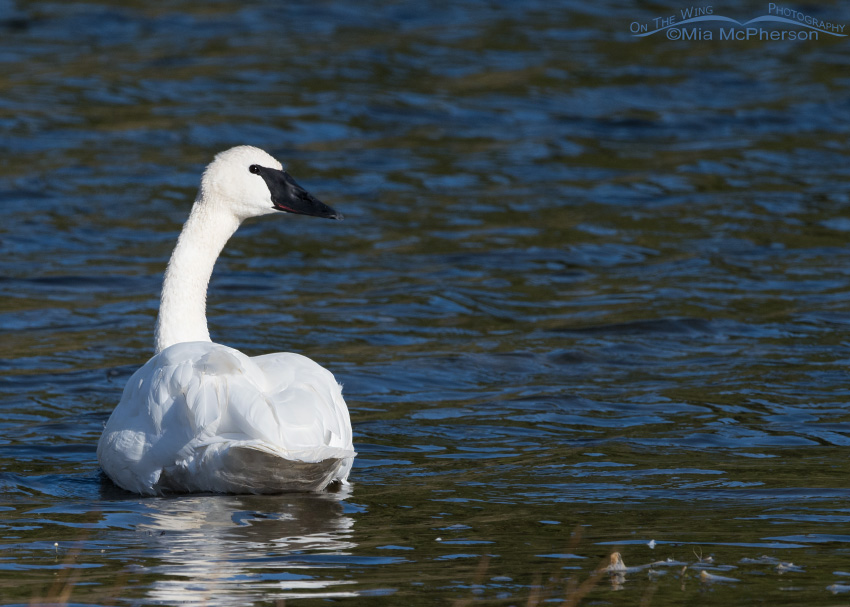

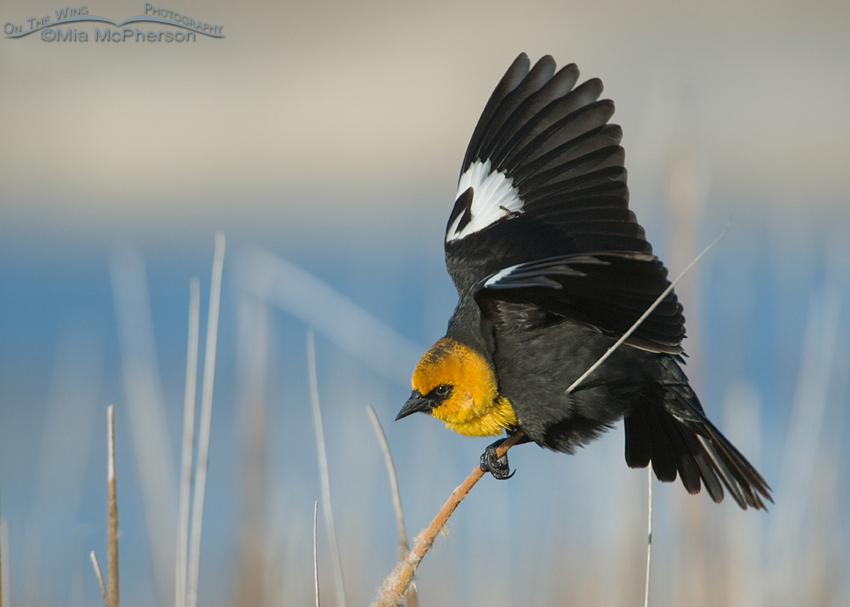
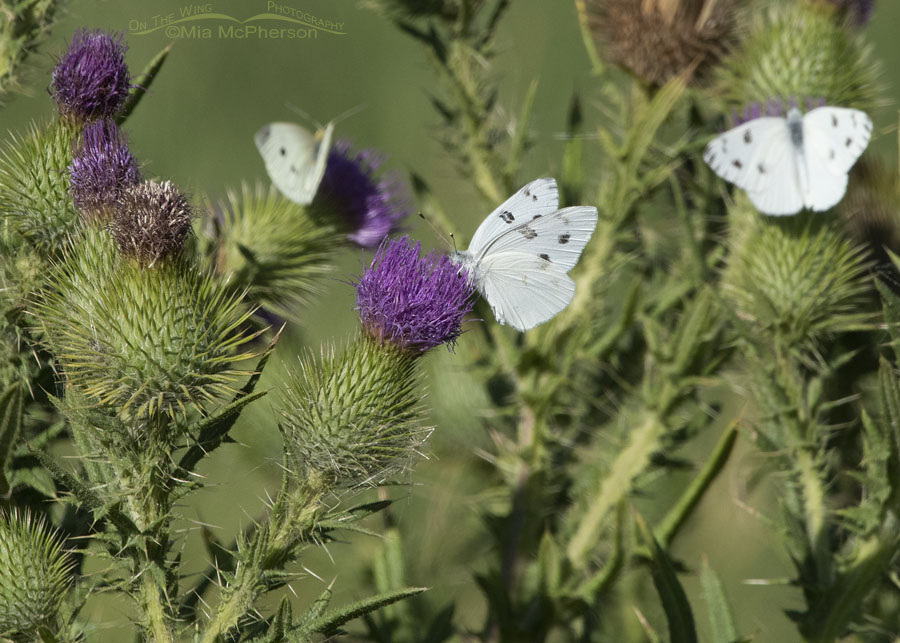
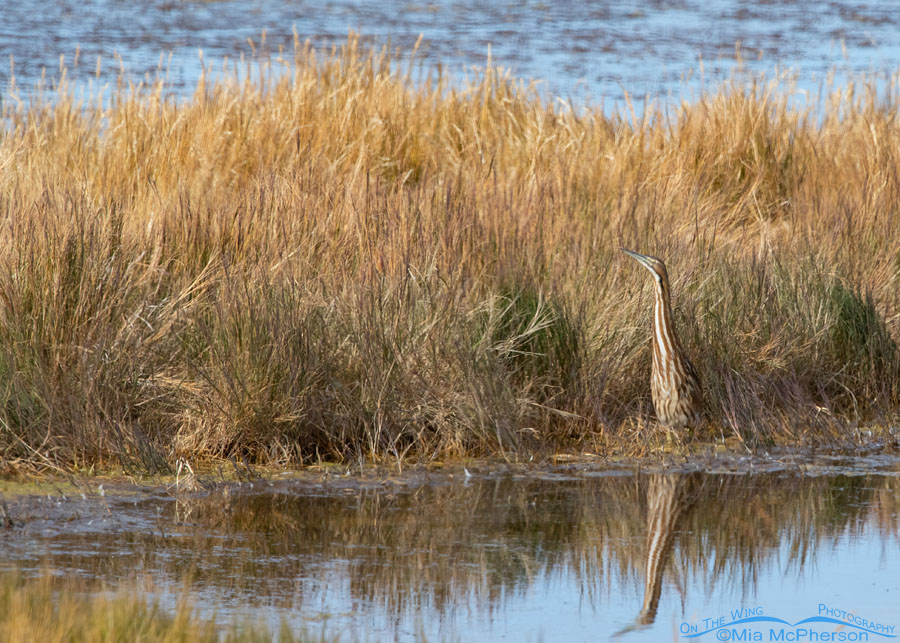
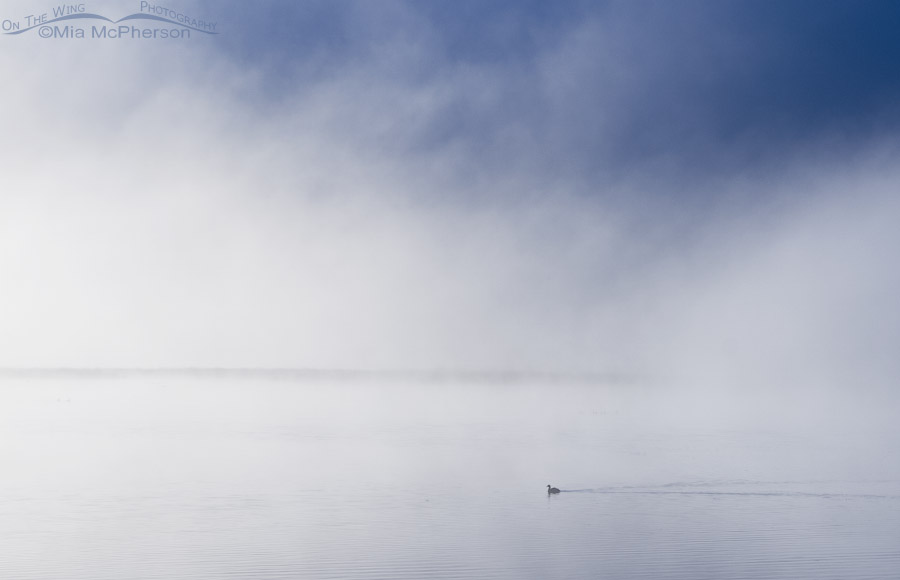
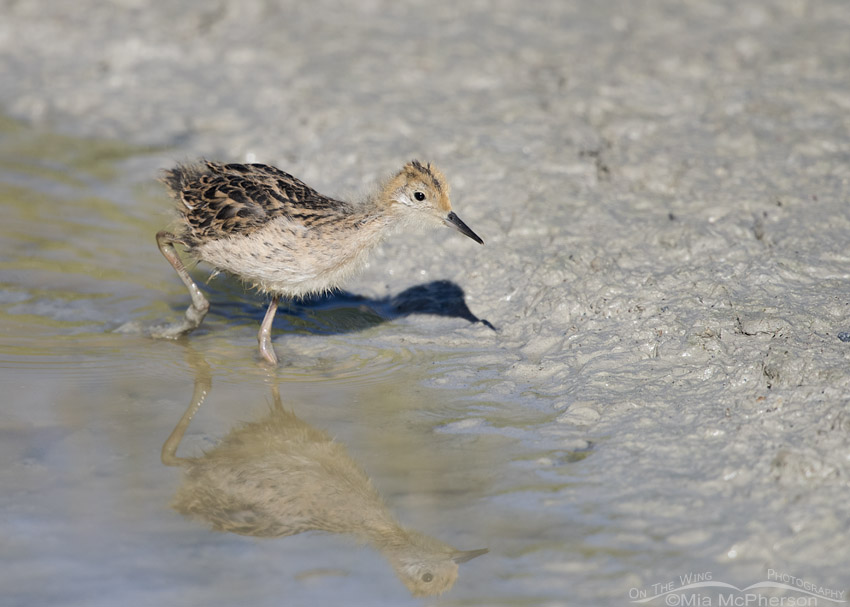
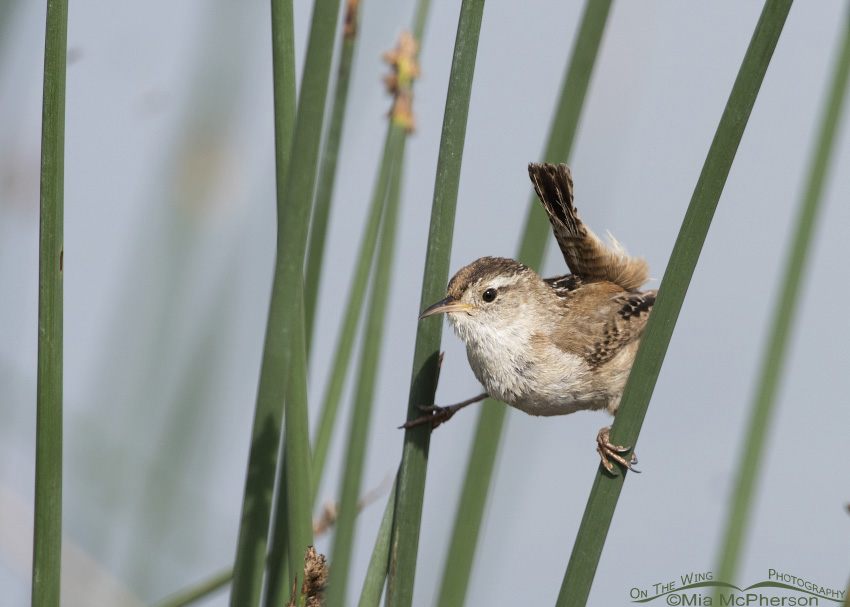
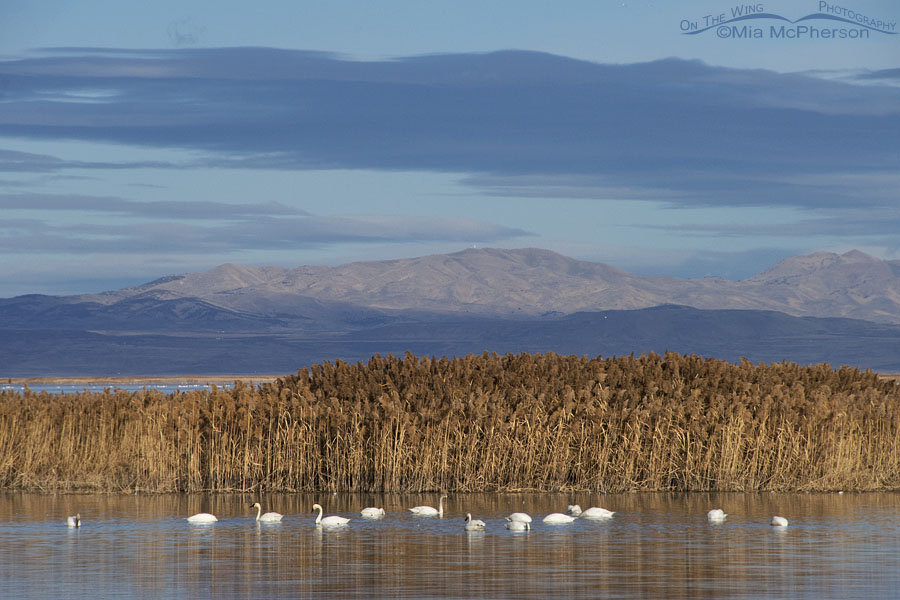
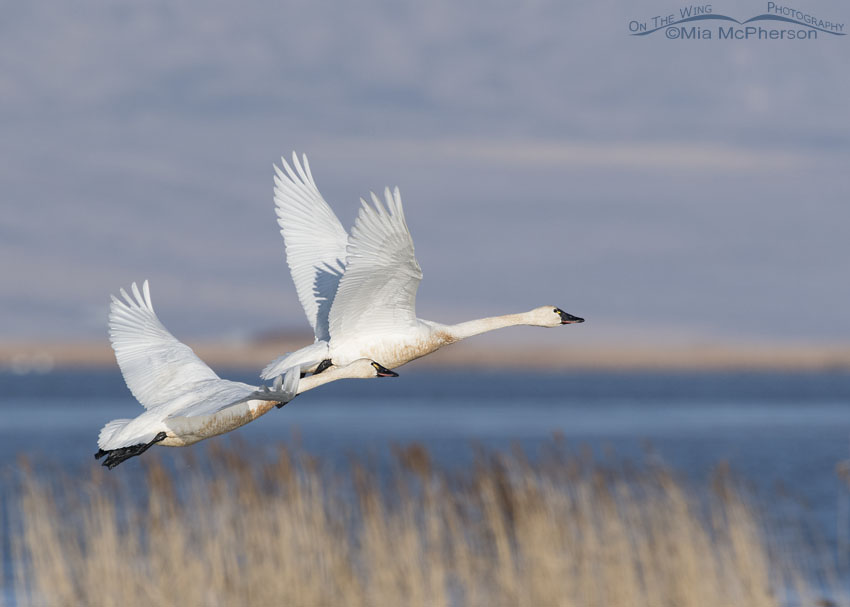
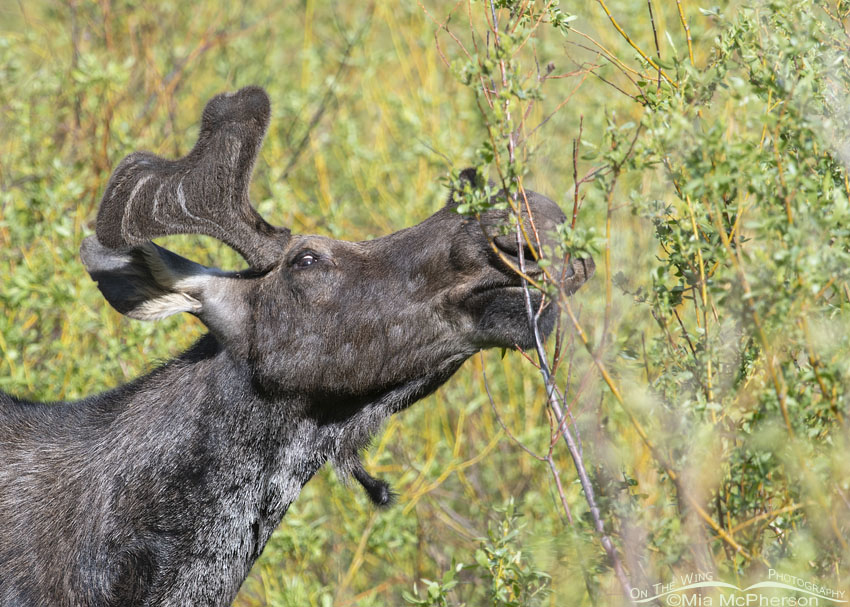
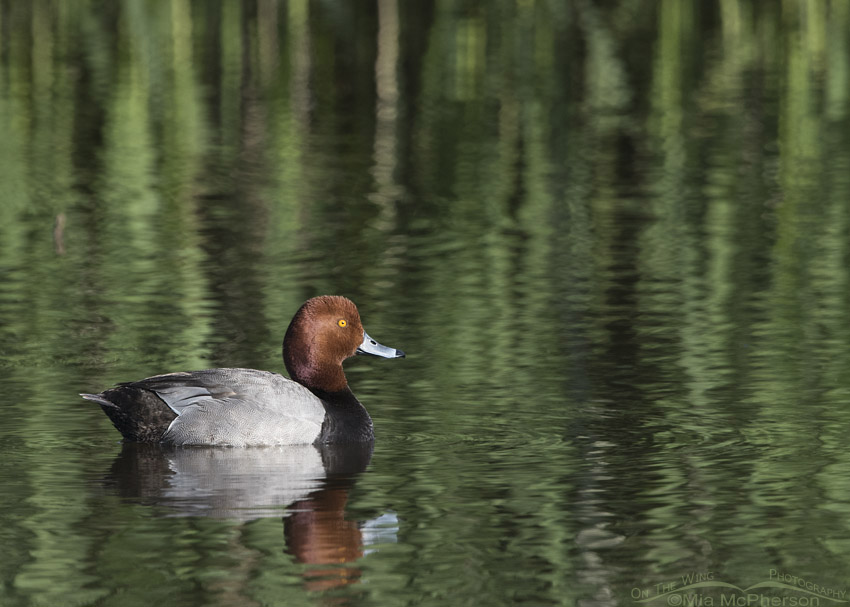
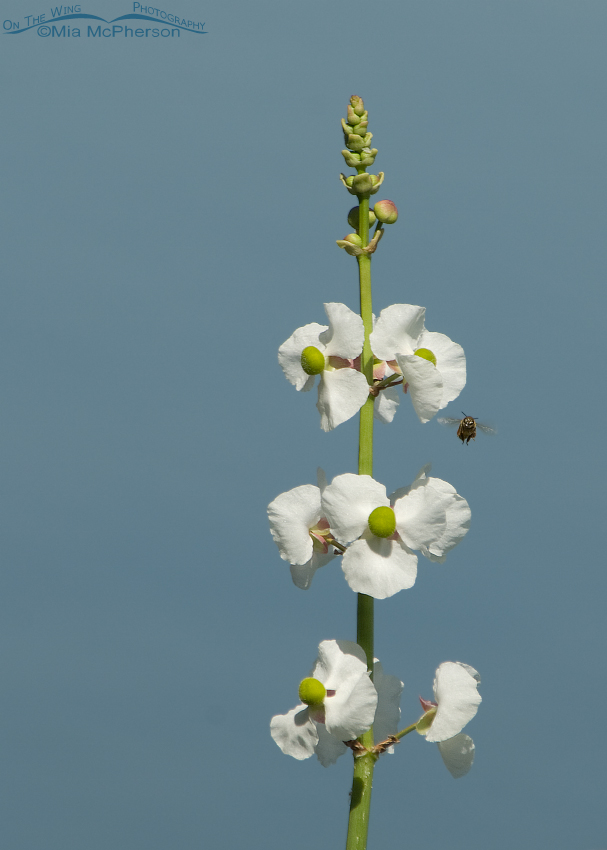
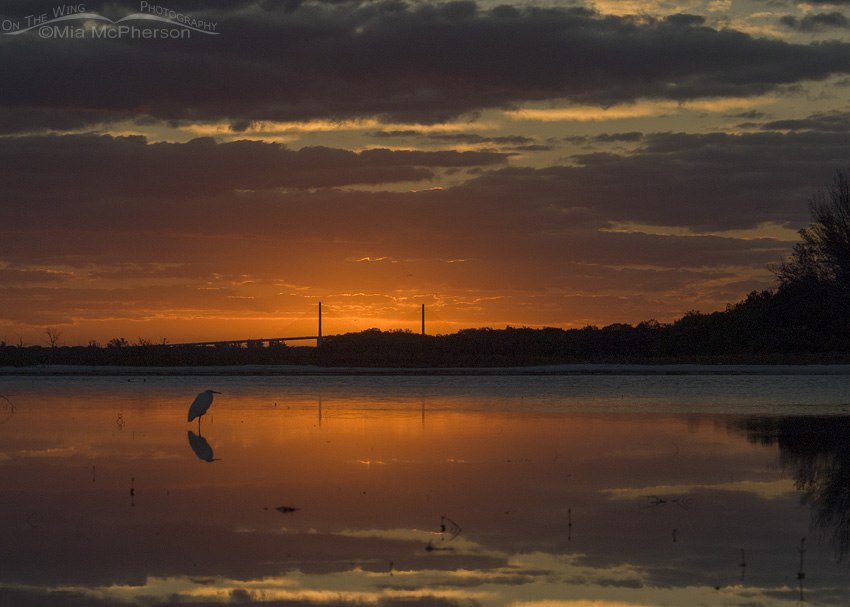
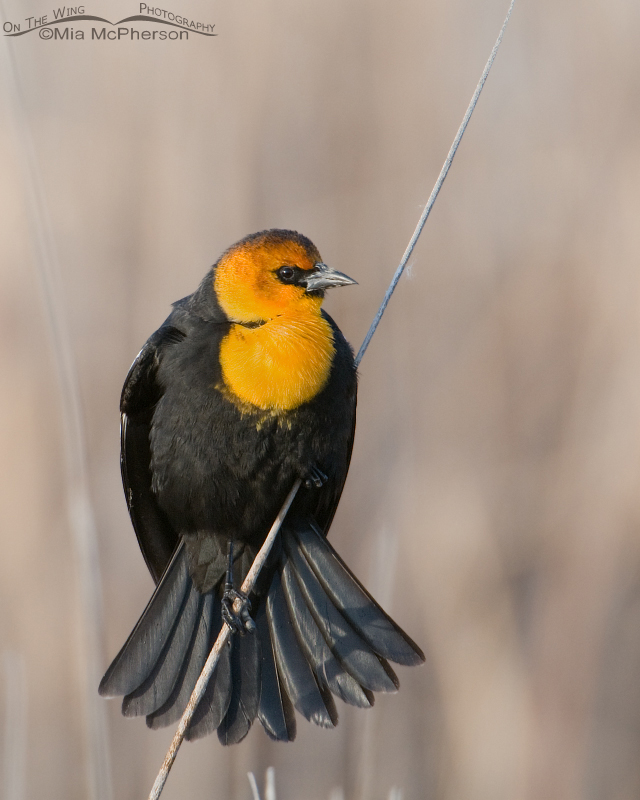
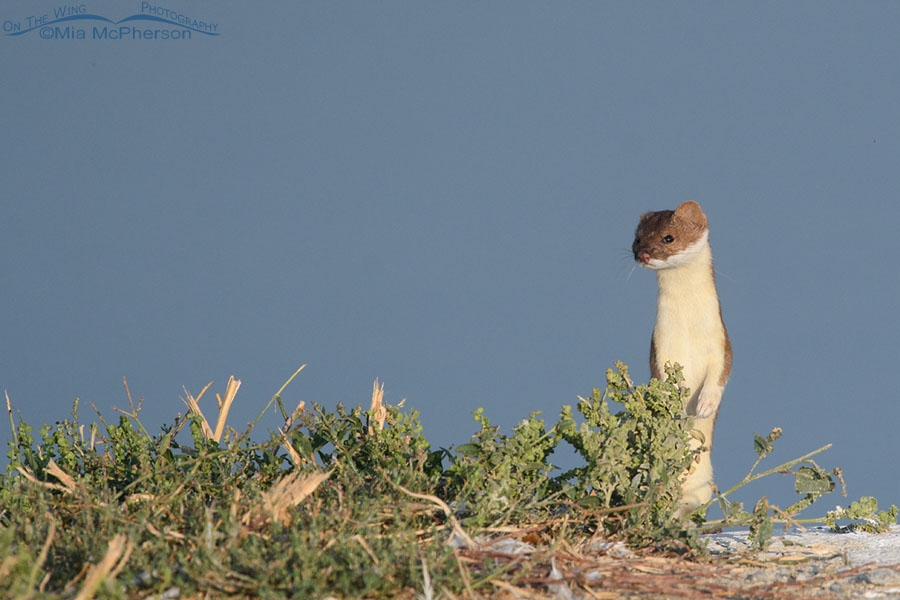
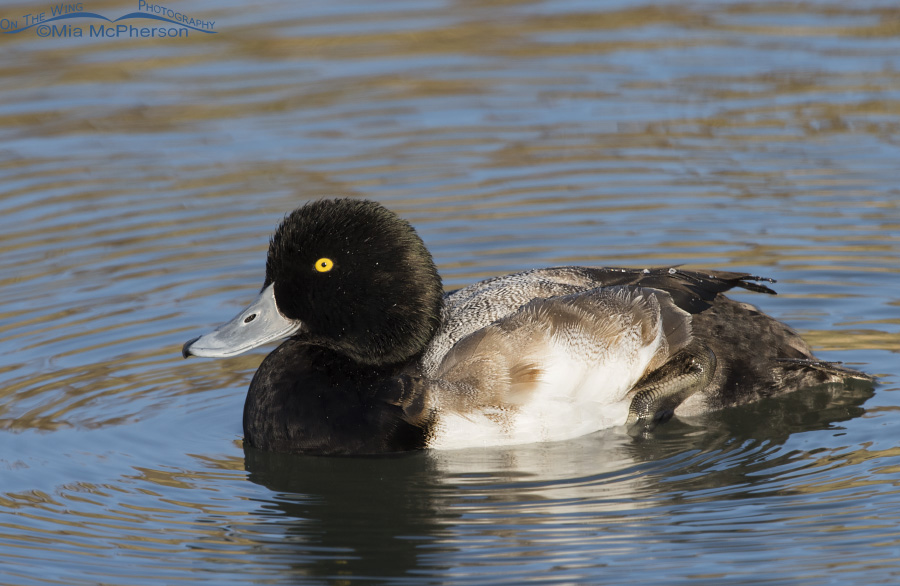
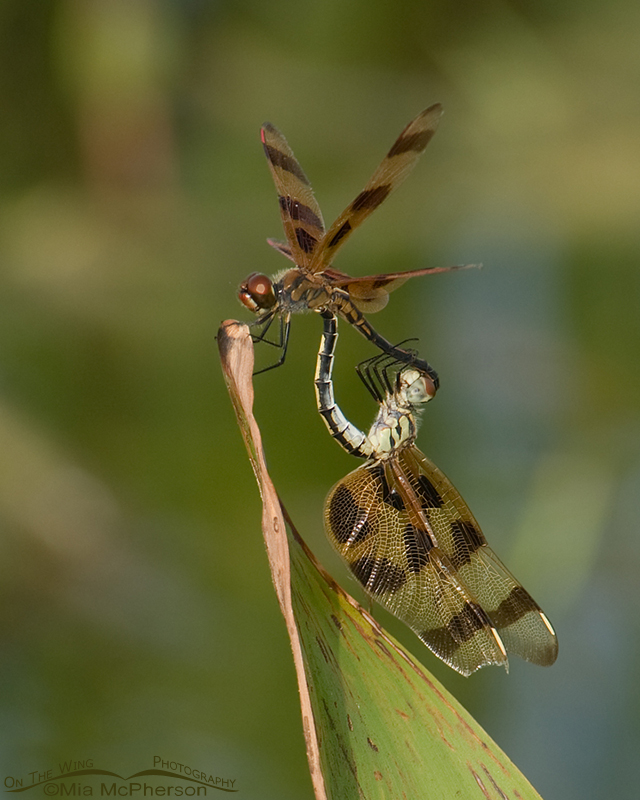
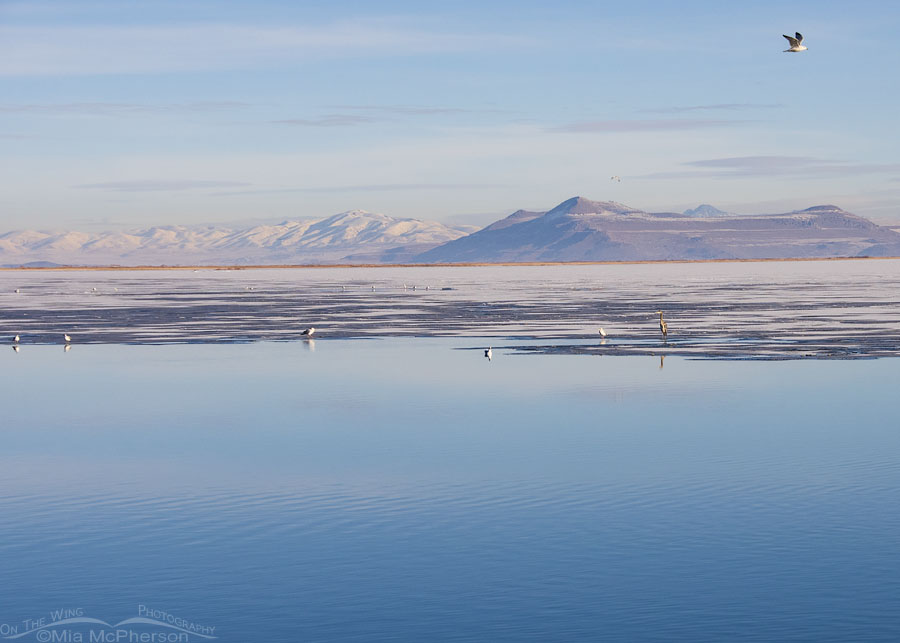
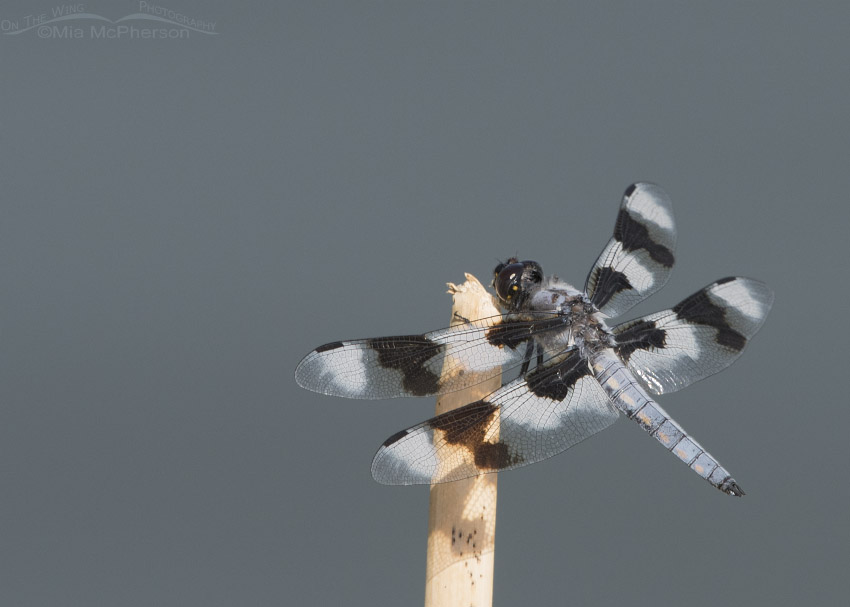

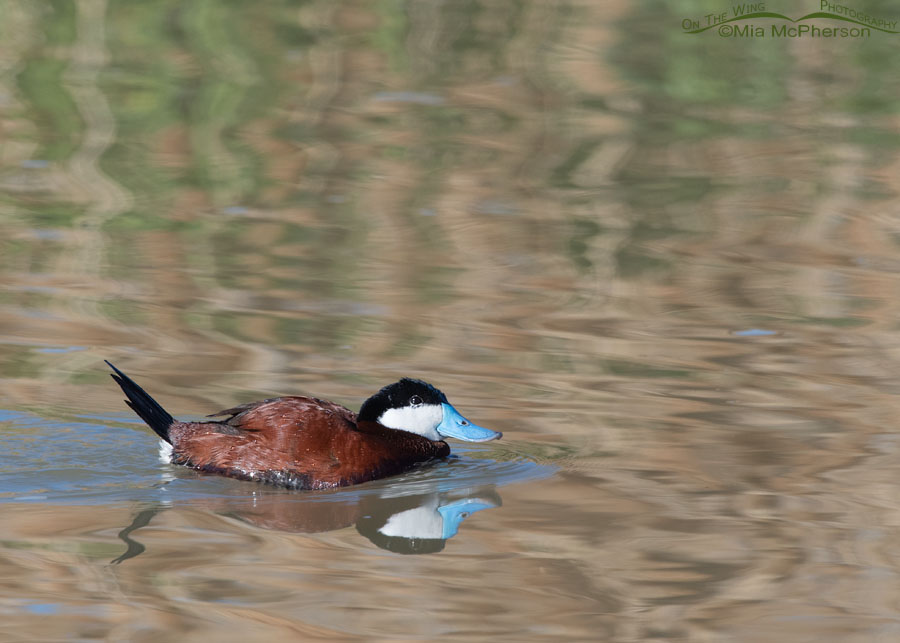
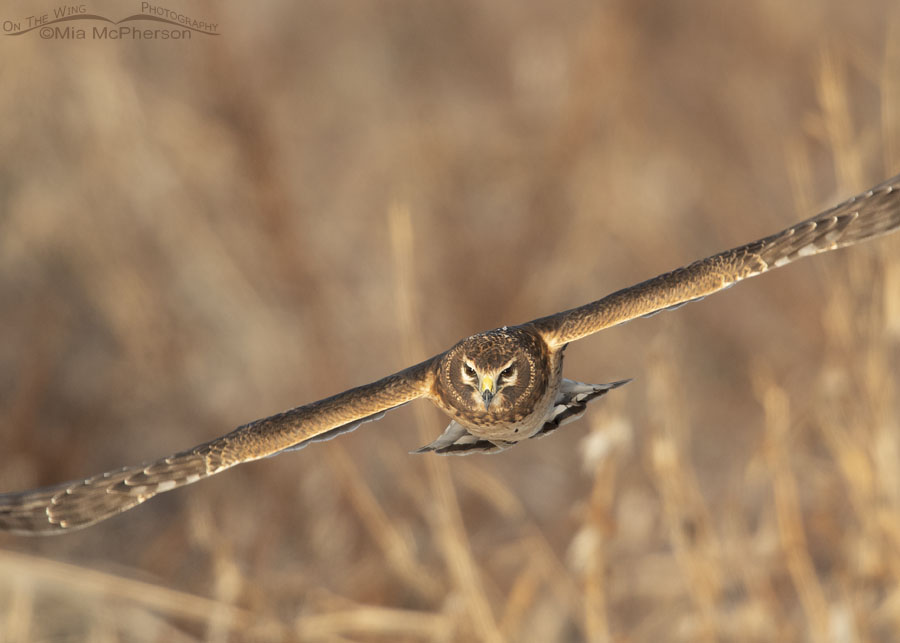

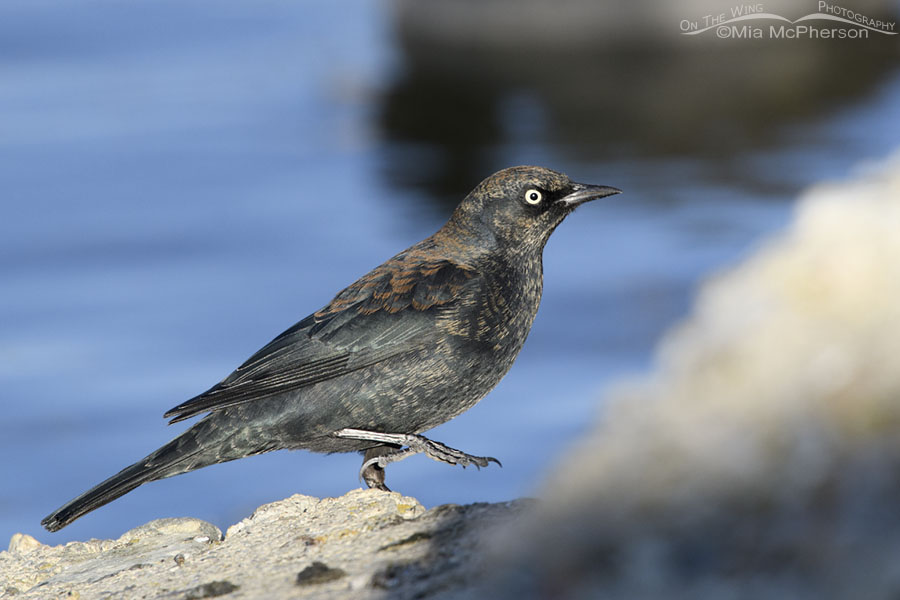
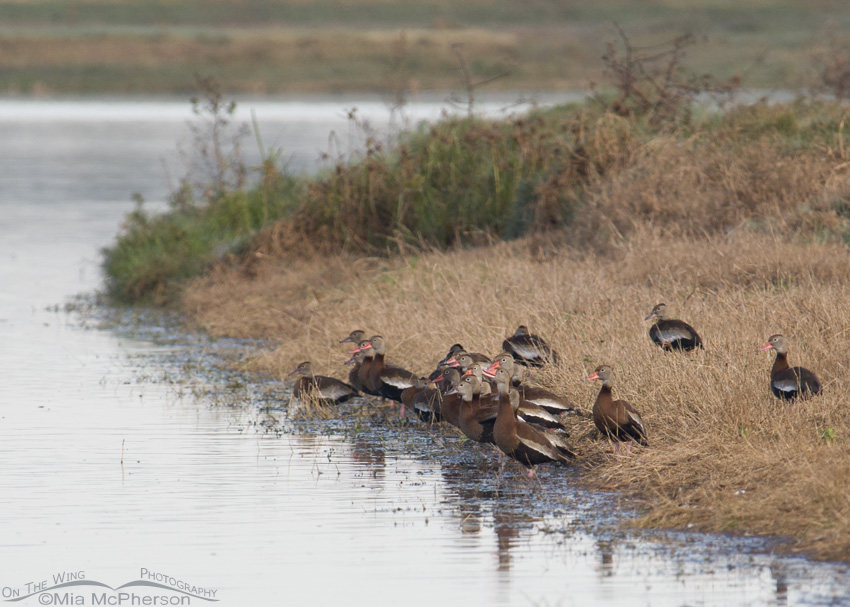
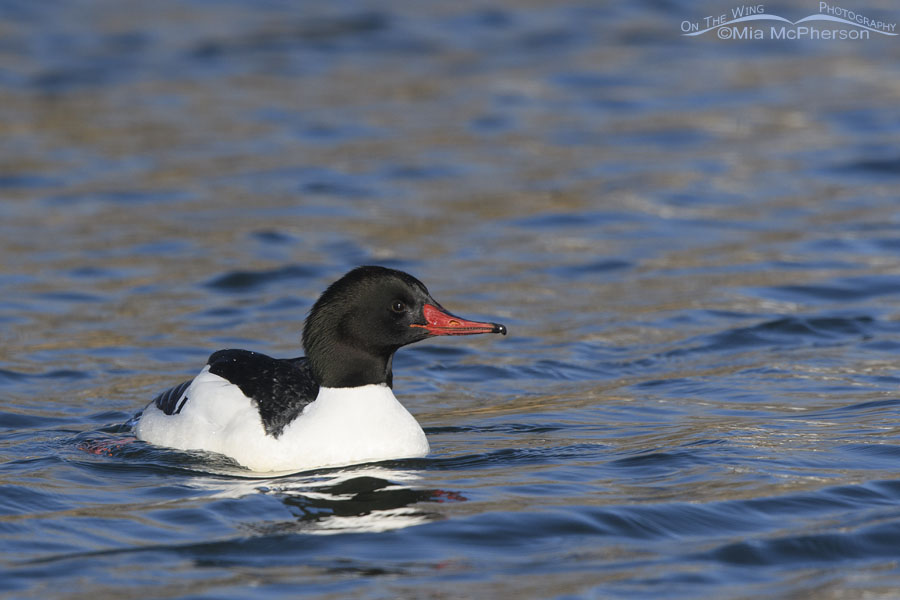
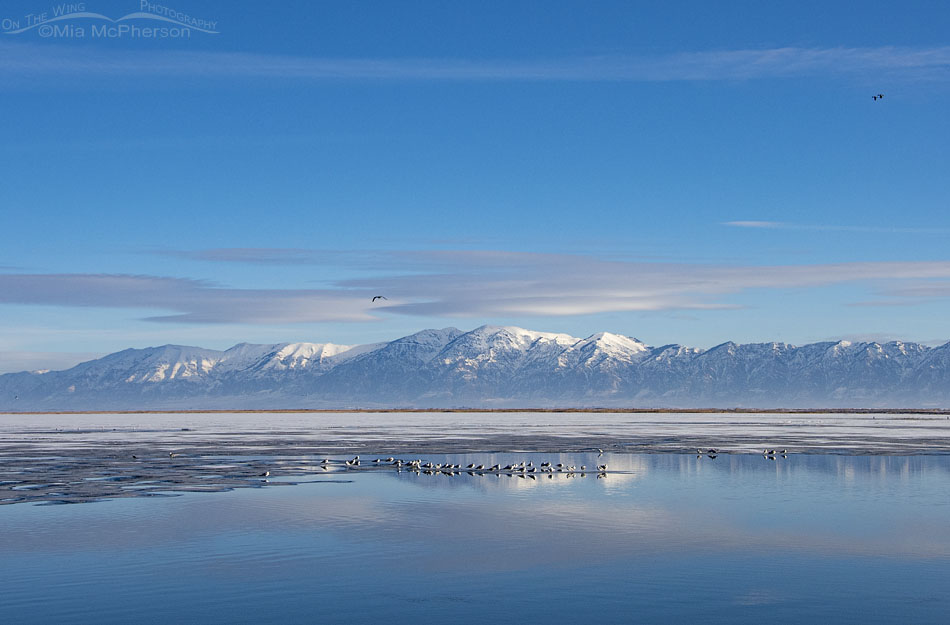
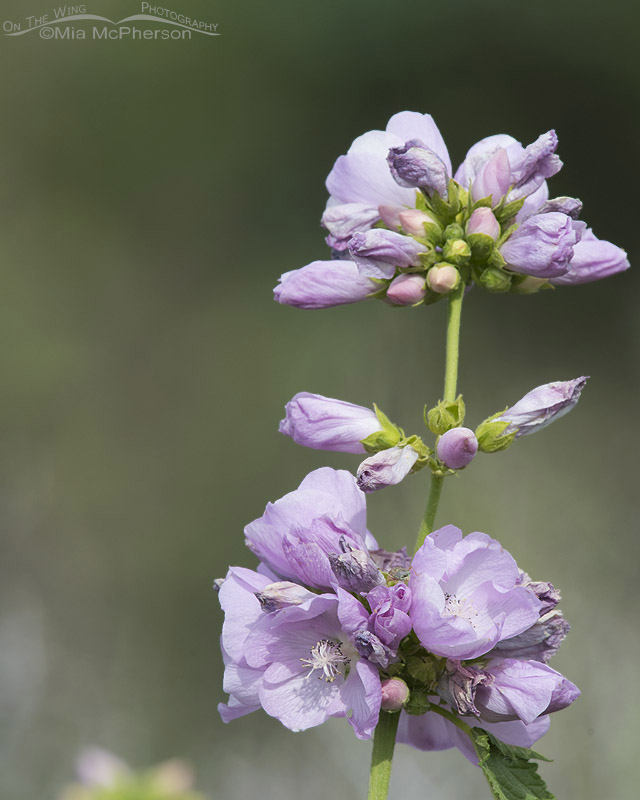
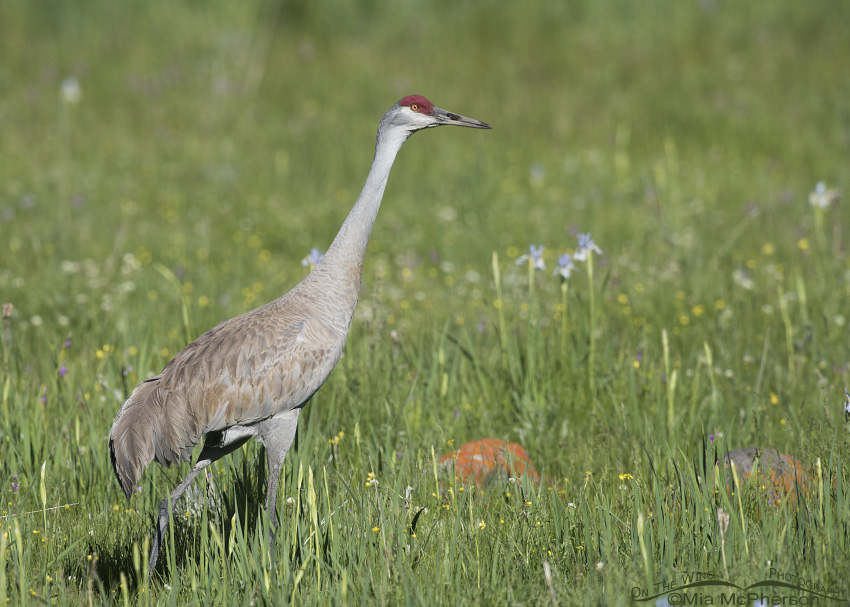
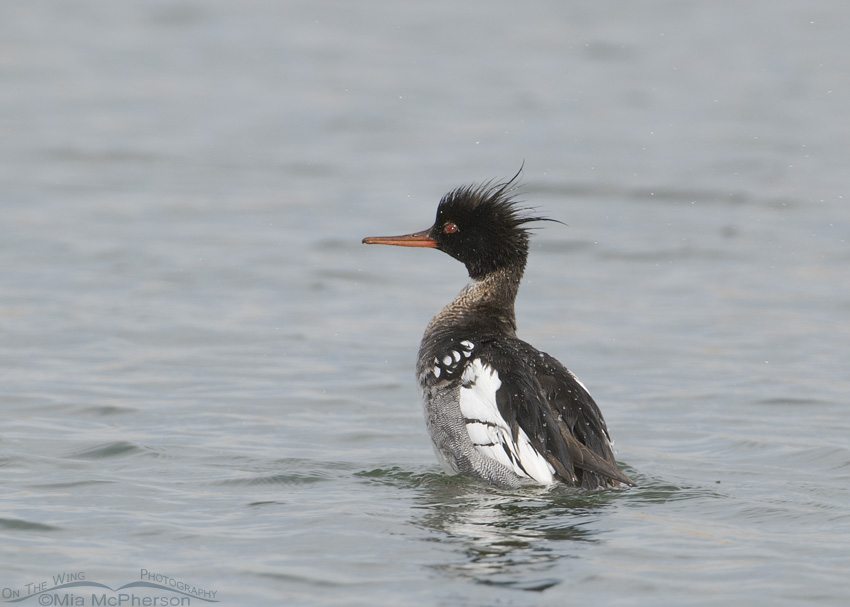
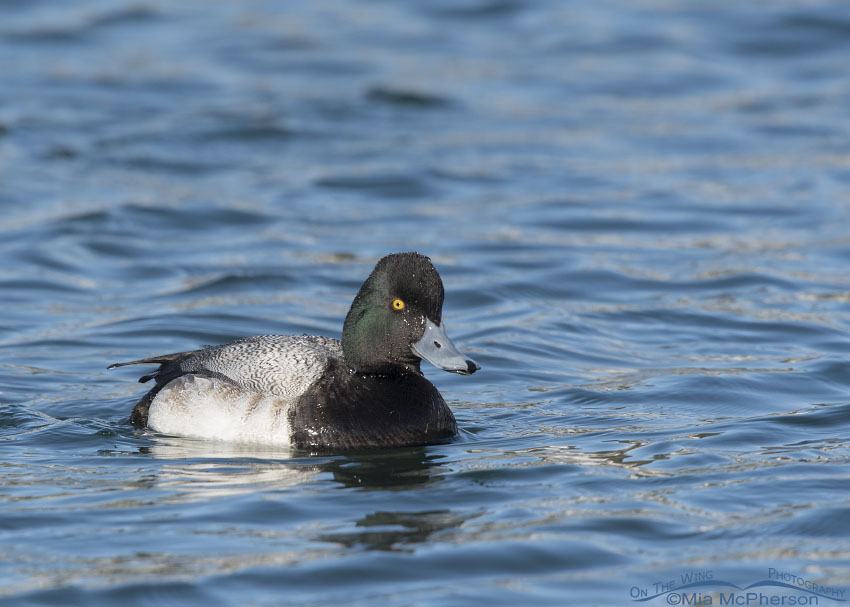
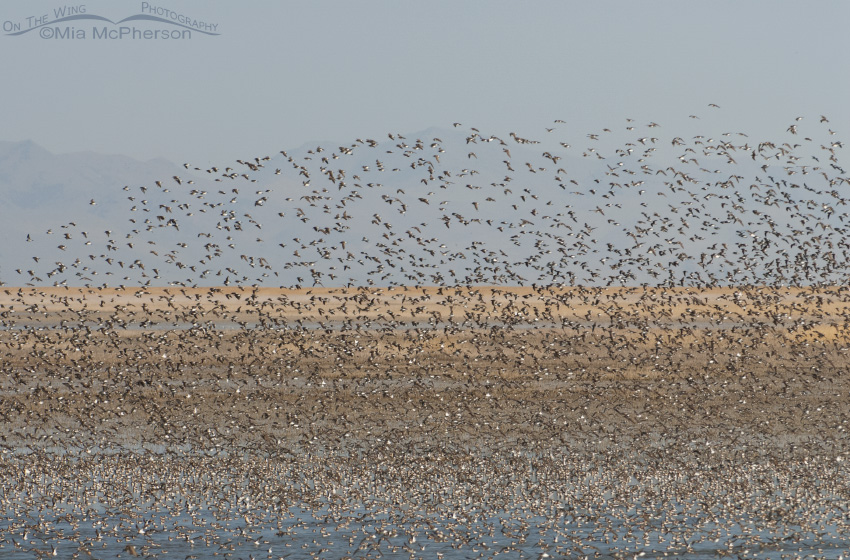
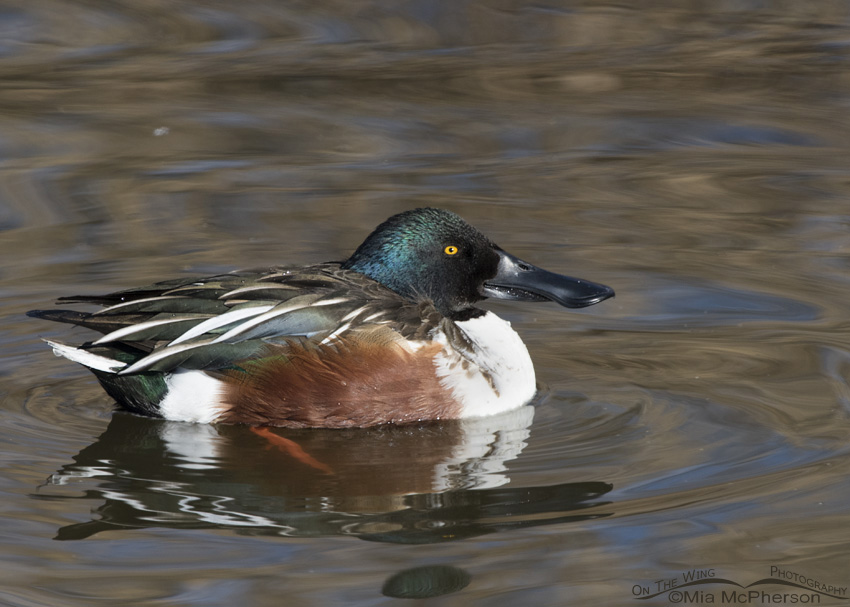
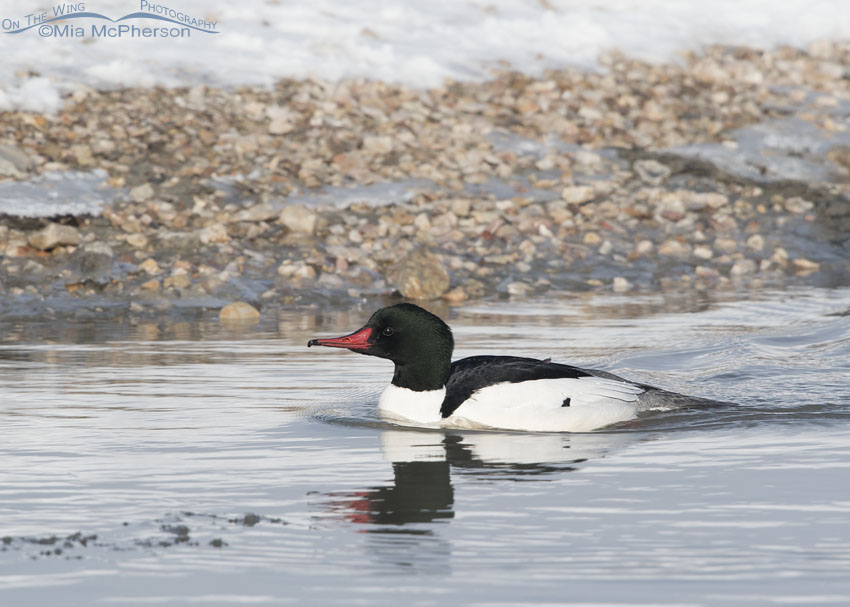
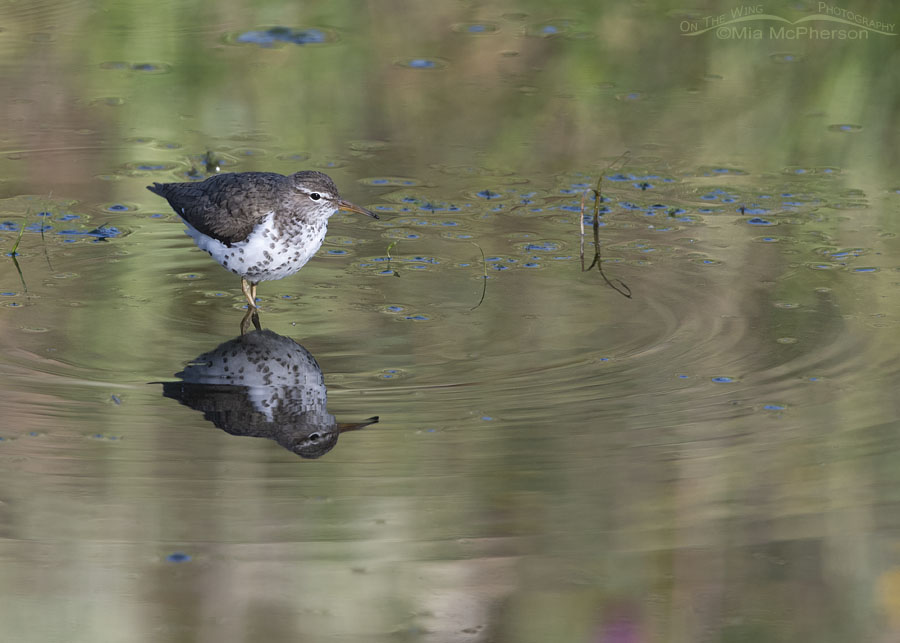
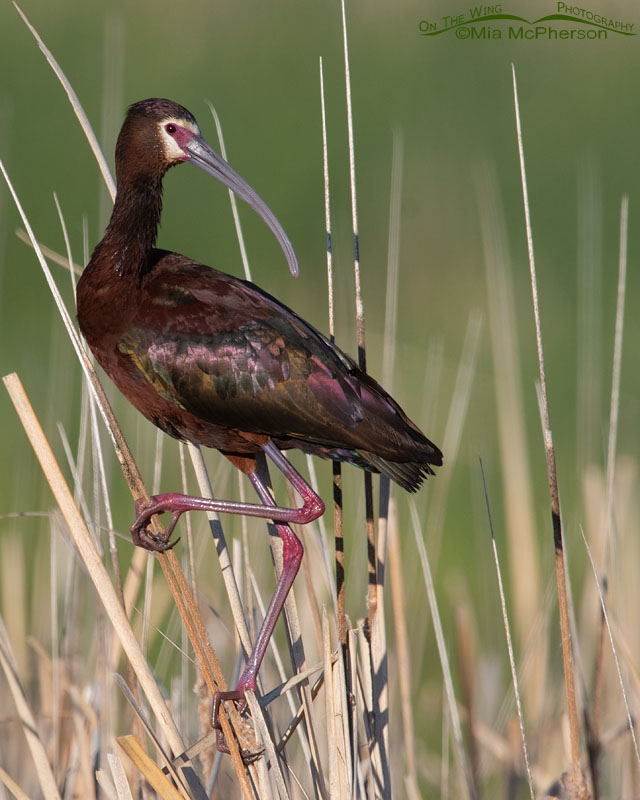
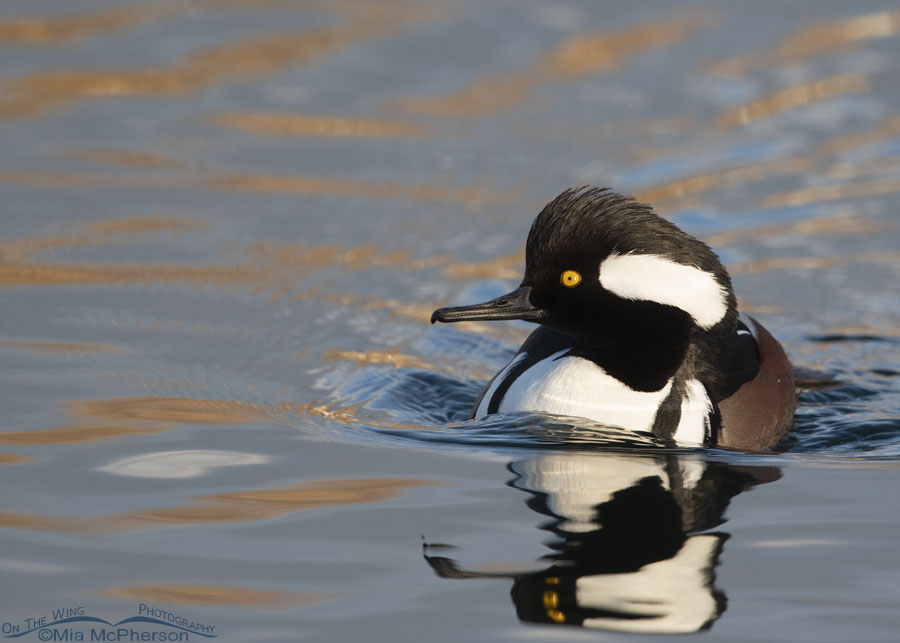
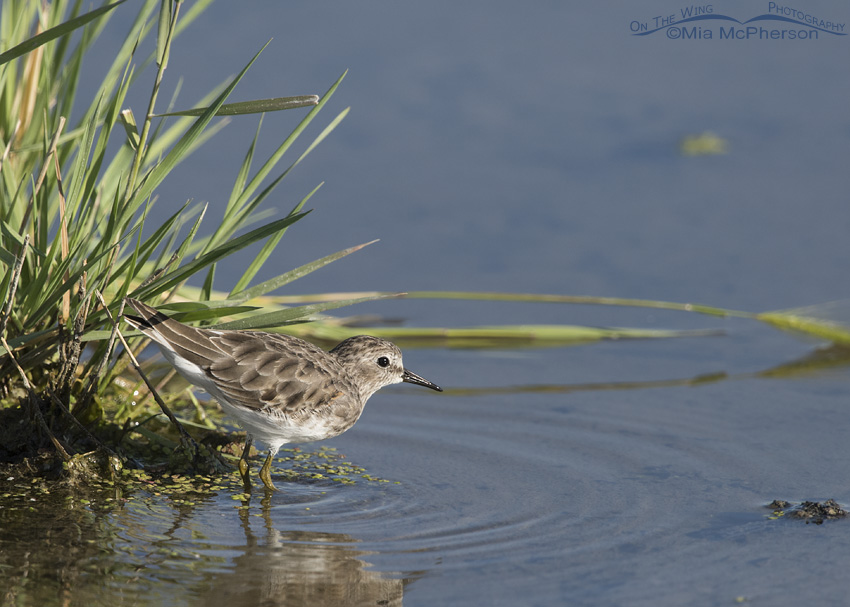
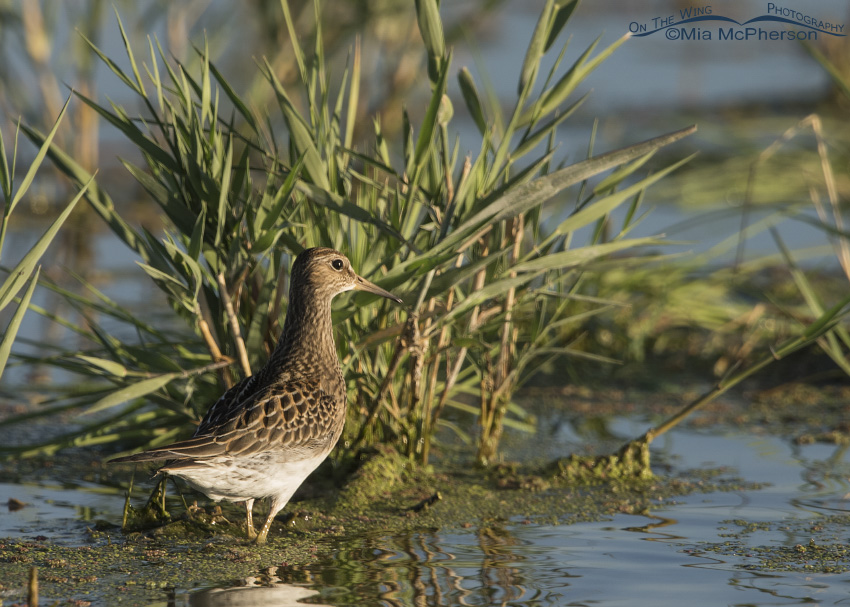
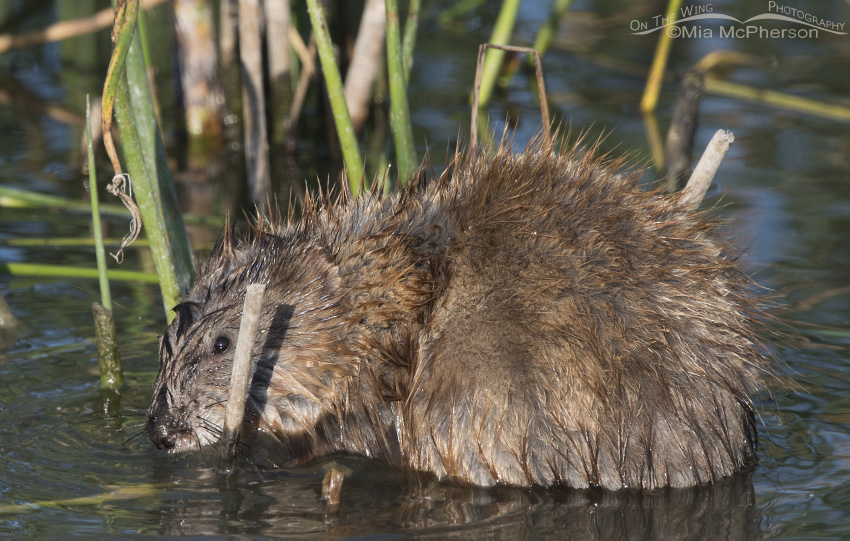
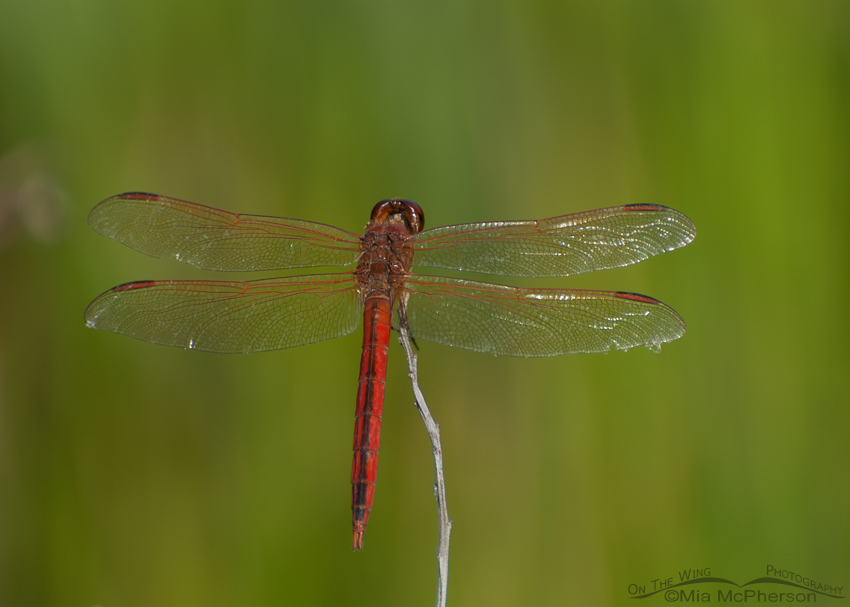
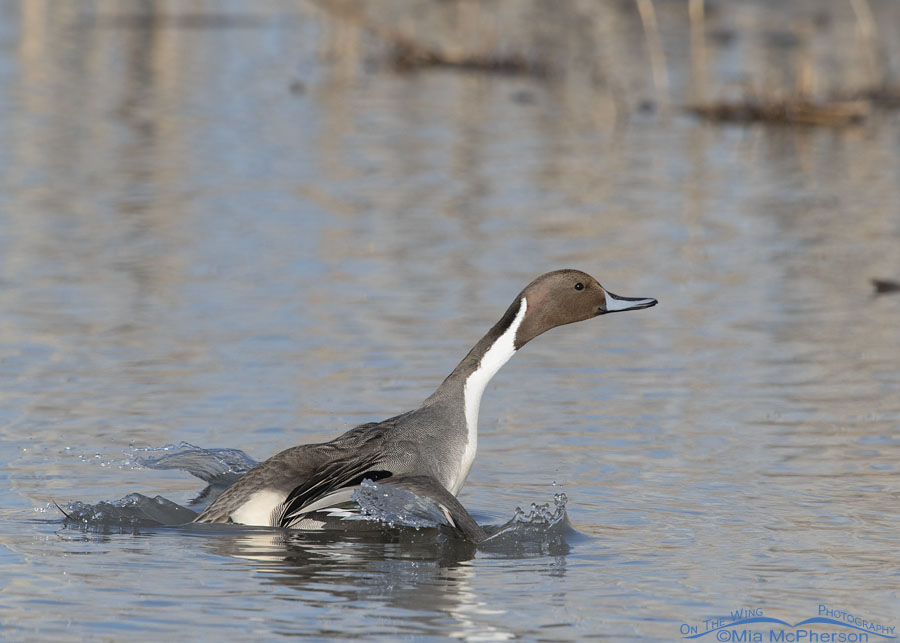
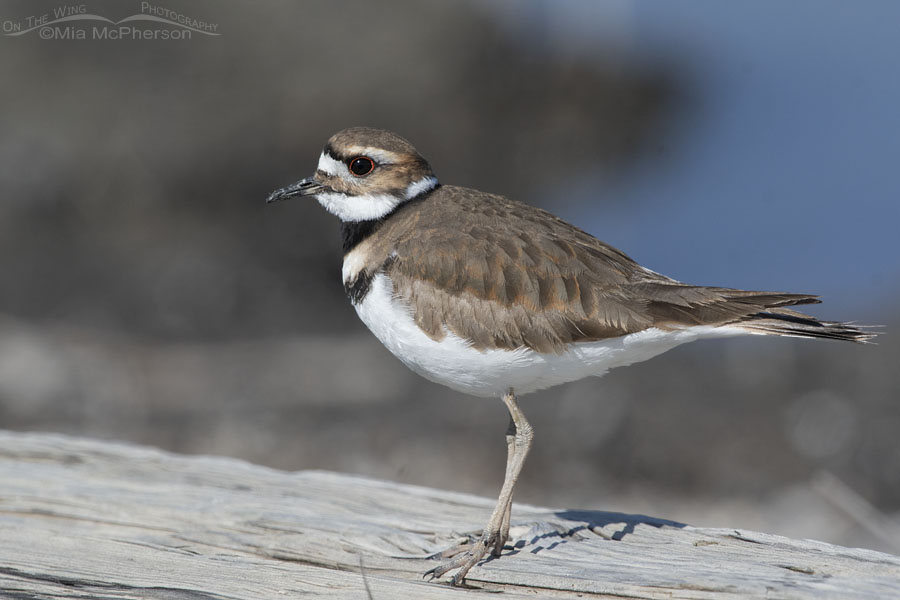
Wow! What an incredible portfolio of extraordinary images! The wetlands are beautiful, compelling and fragile. Thanks Mia.
Beautiful reminder that we can’t do it without wetlands. Thanks for posting these wetland stories.
These were a wonderful collection of beautiful photos, so nice to look at with coffee. Thanks for all you do to spread the word. We need these habitats, wish more people realized that fact!
HOW we need them. And many, many thanks for these images – which are heart balm for me this morning.
Beautiful photos, Mia. I see all the hard work you have done.
What a wonderful series of photos of birds, plants, insects and animals in wetlands. A feast for the eyes. It’s Groundhog Day too.
Wonderful photographic celebration of wetlands Mia. And yes, life is good. Even better now that the environment is back on the agenda.